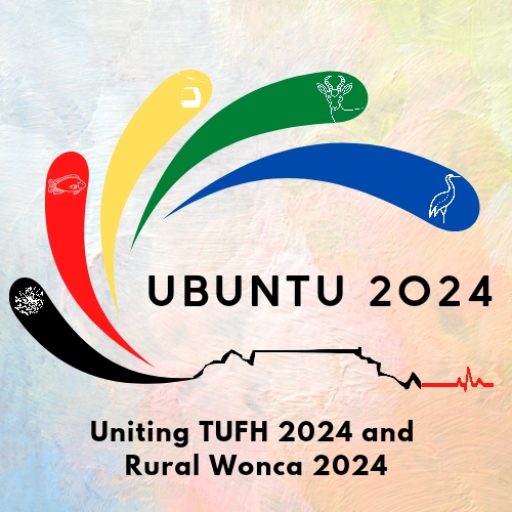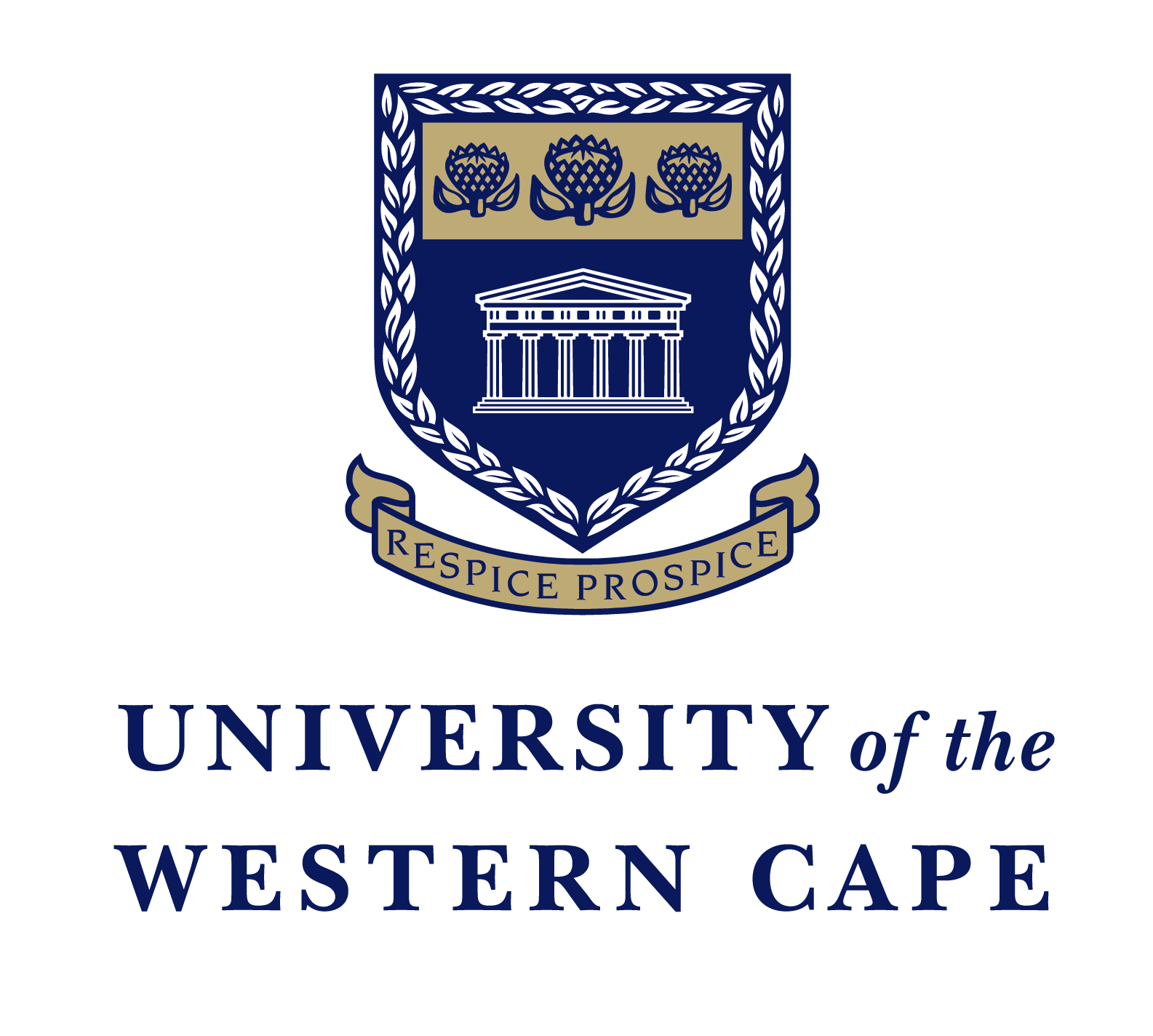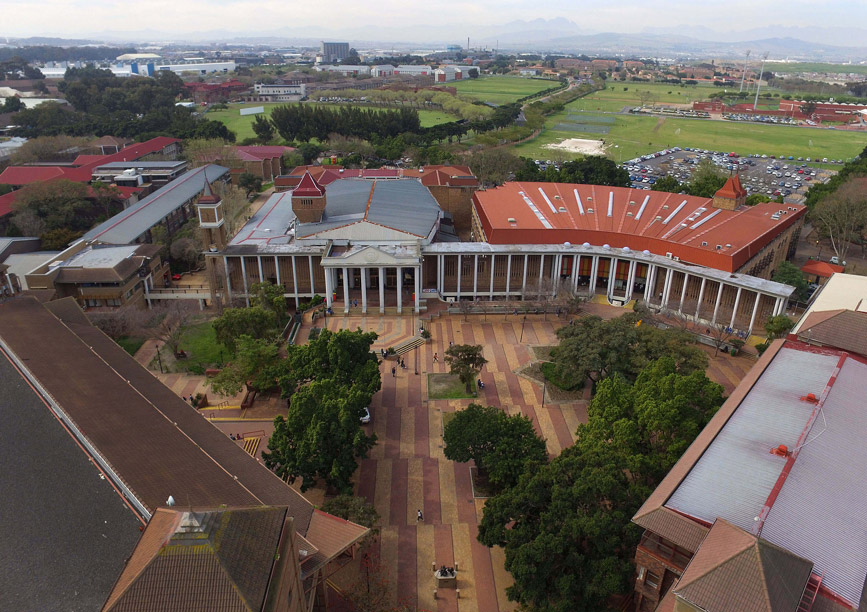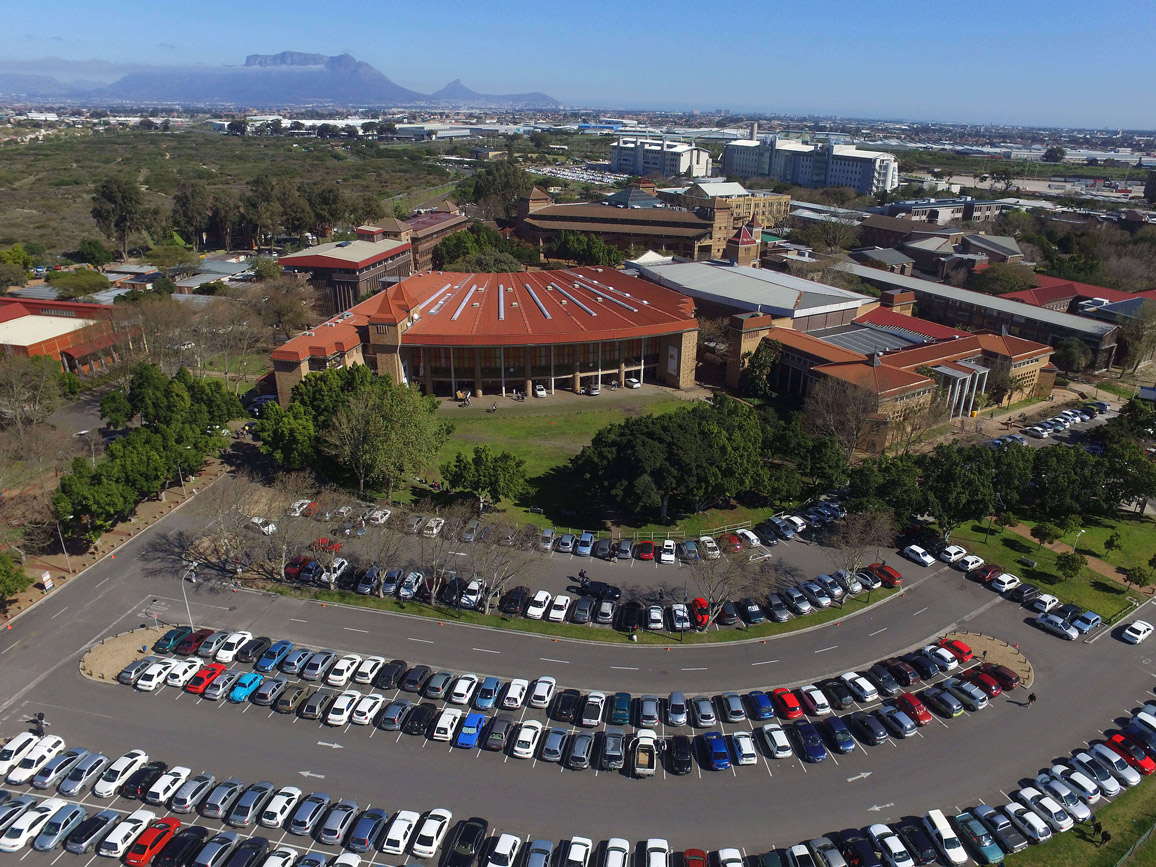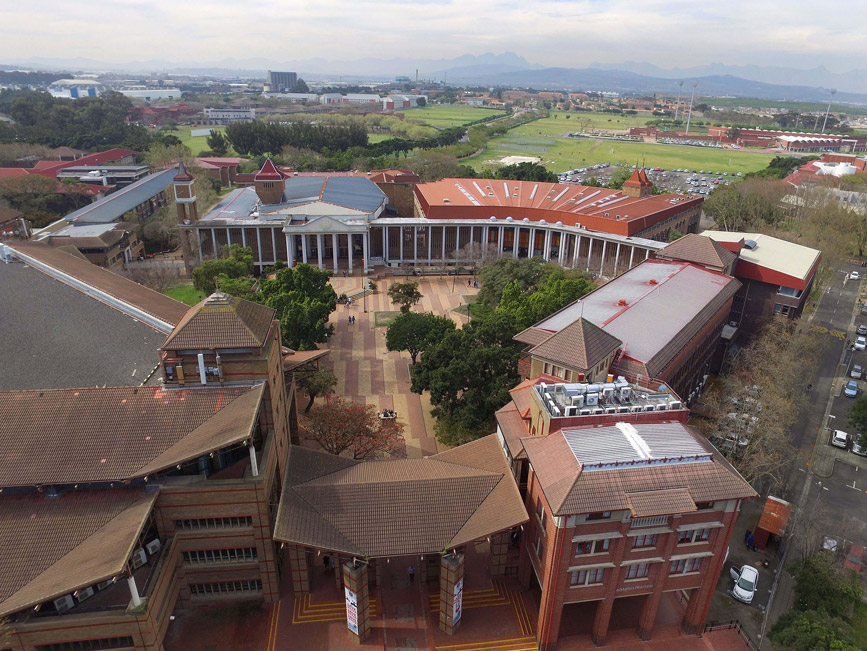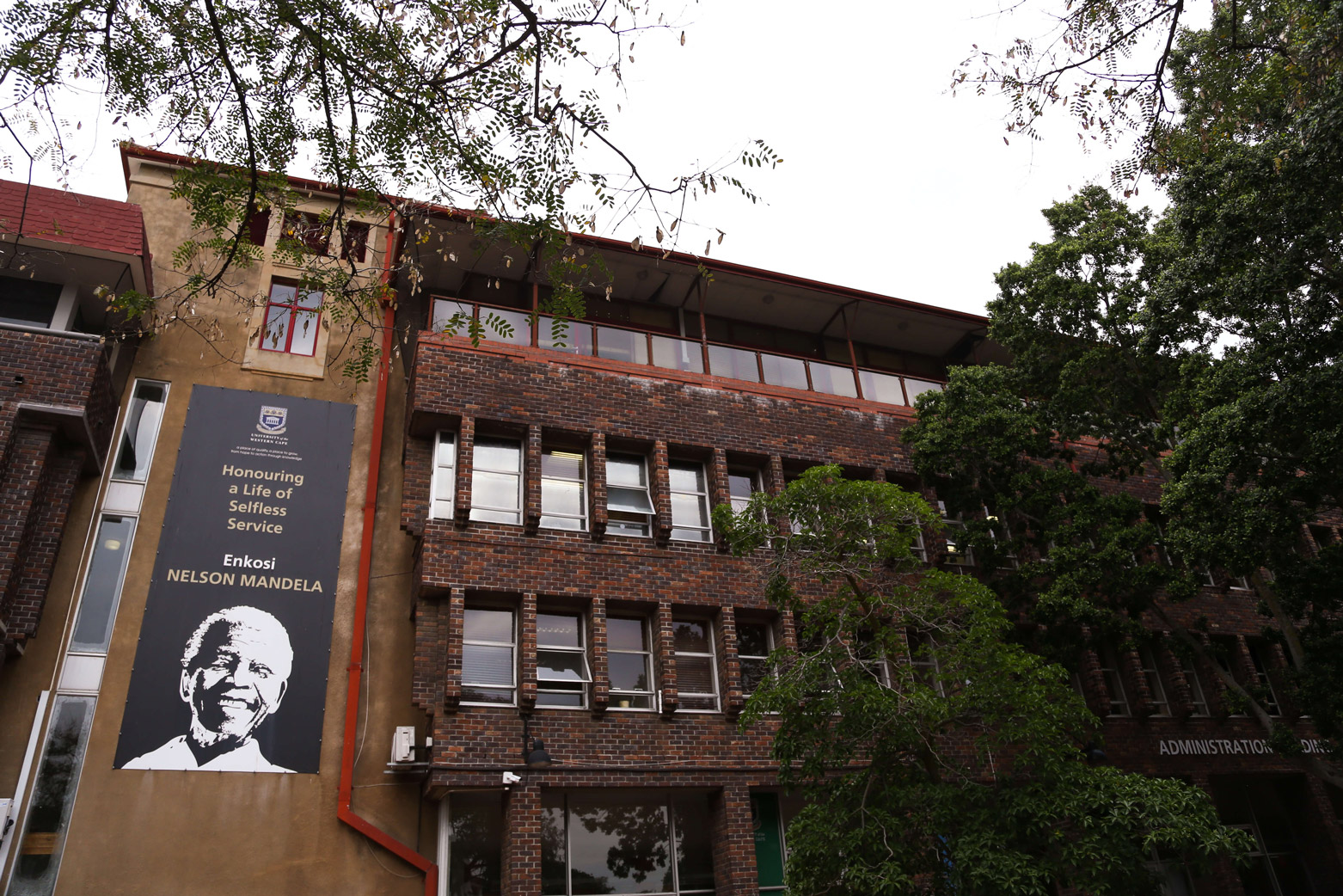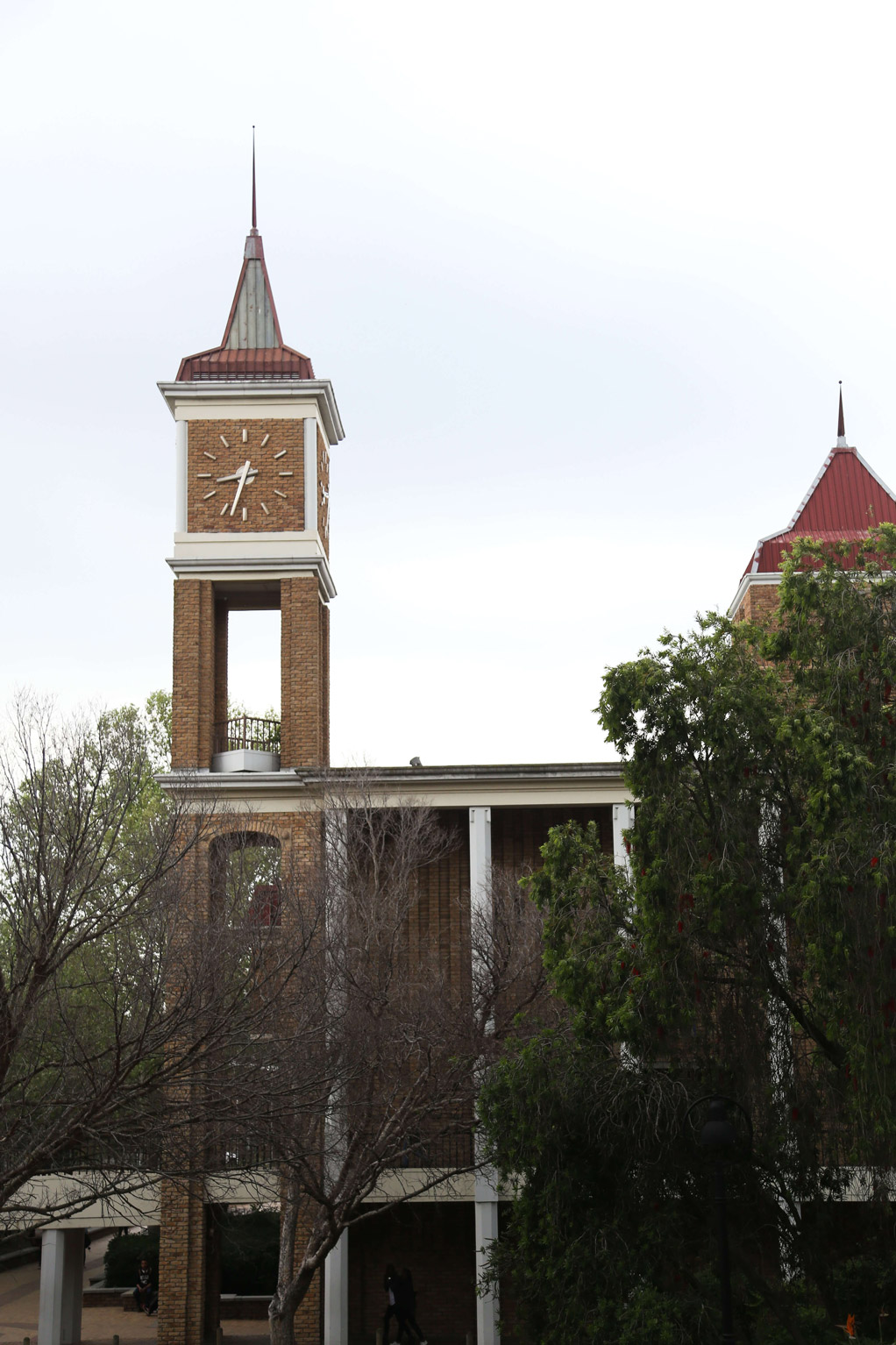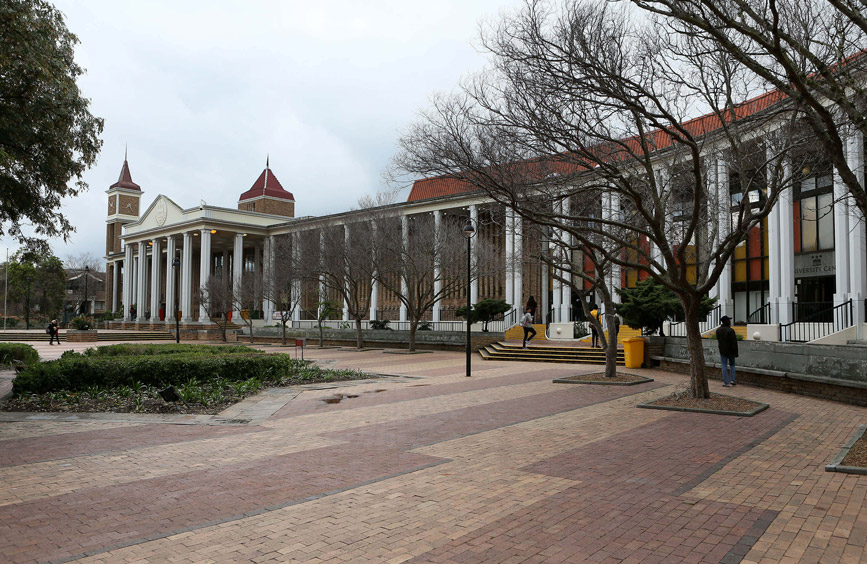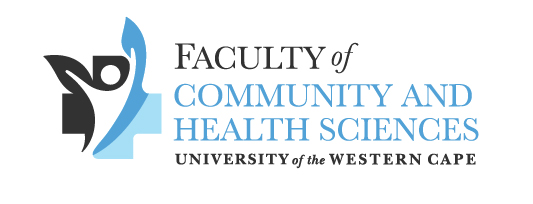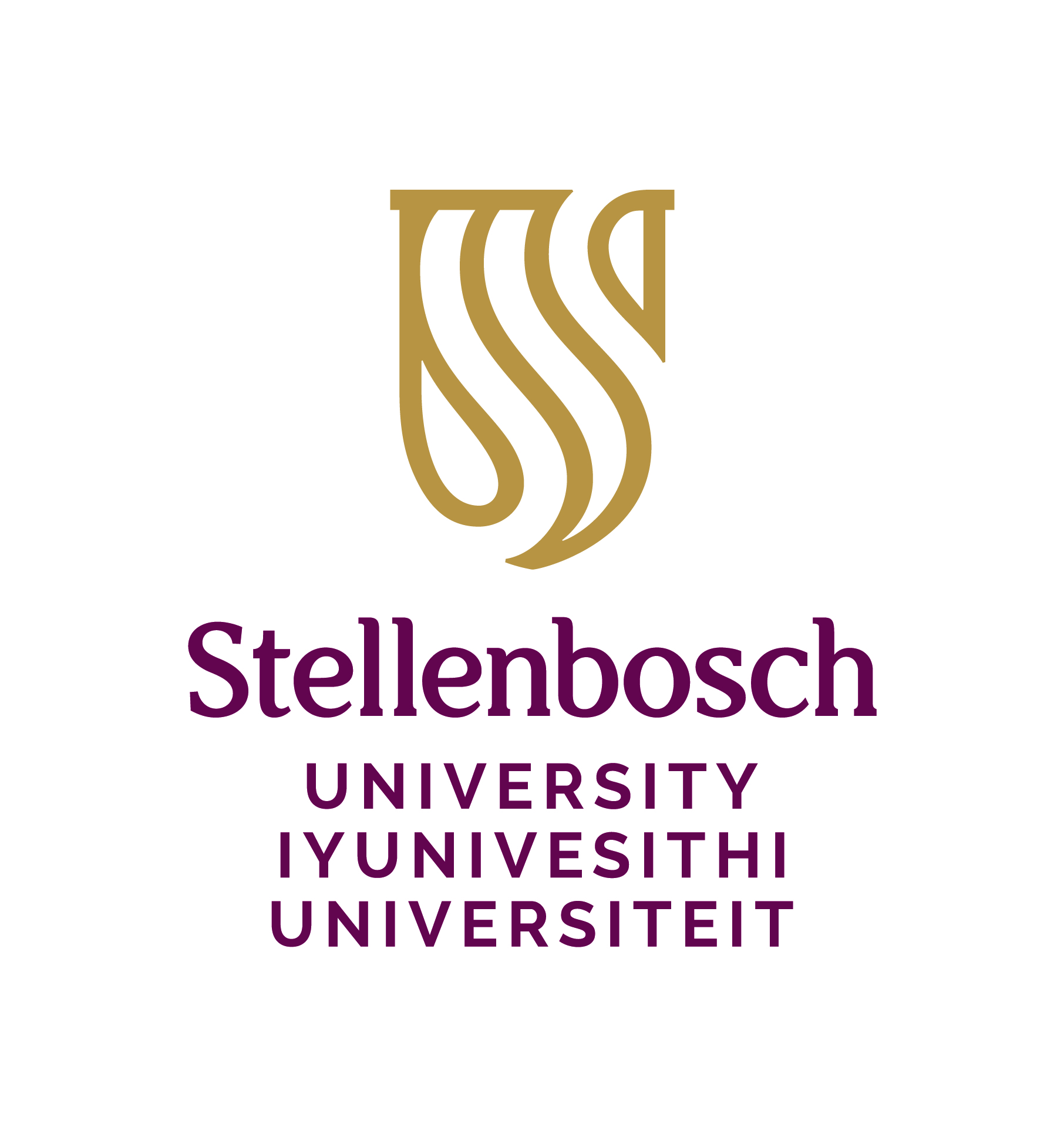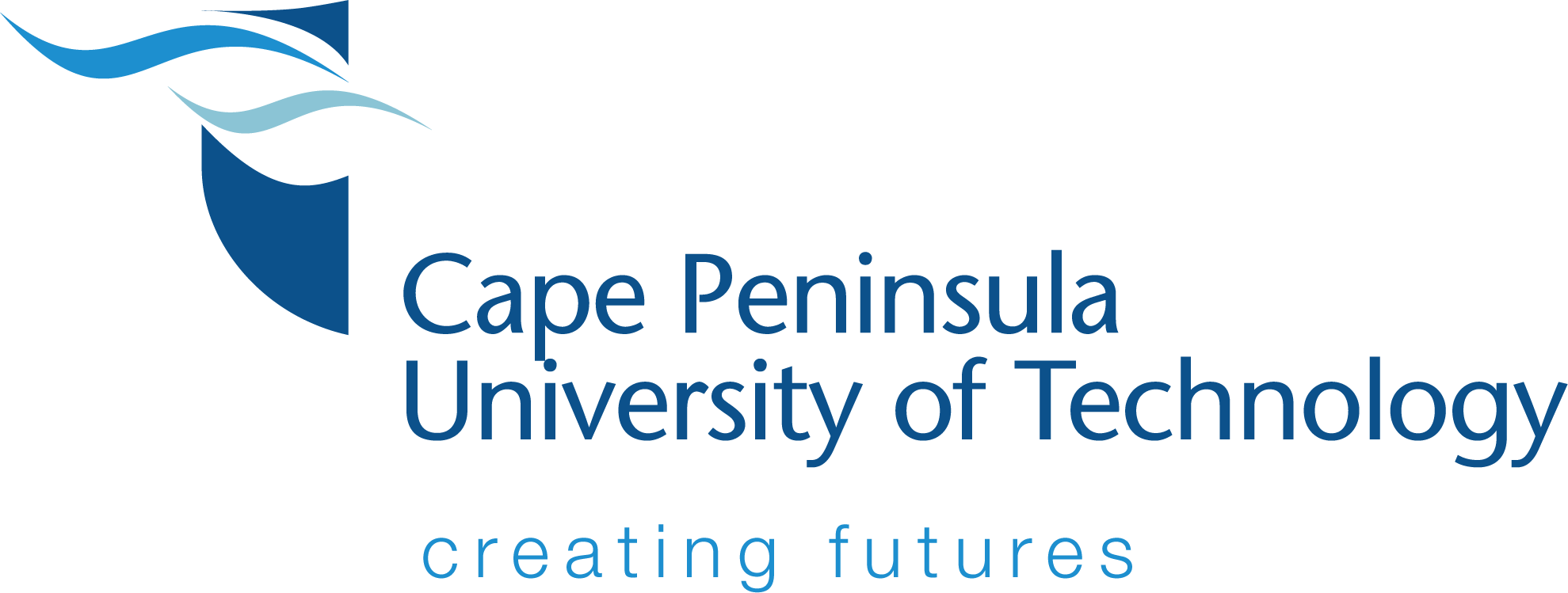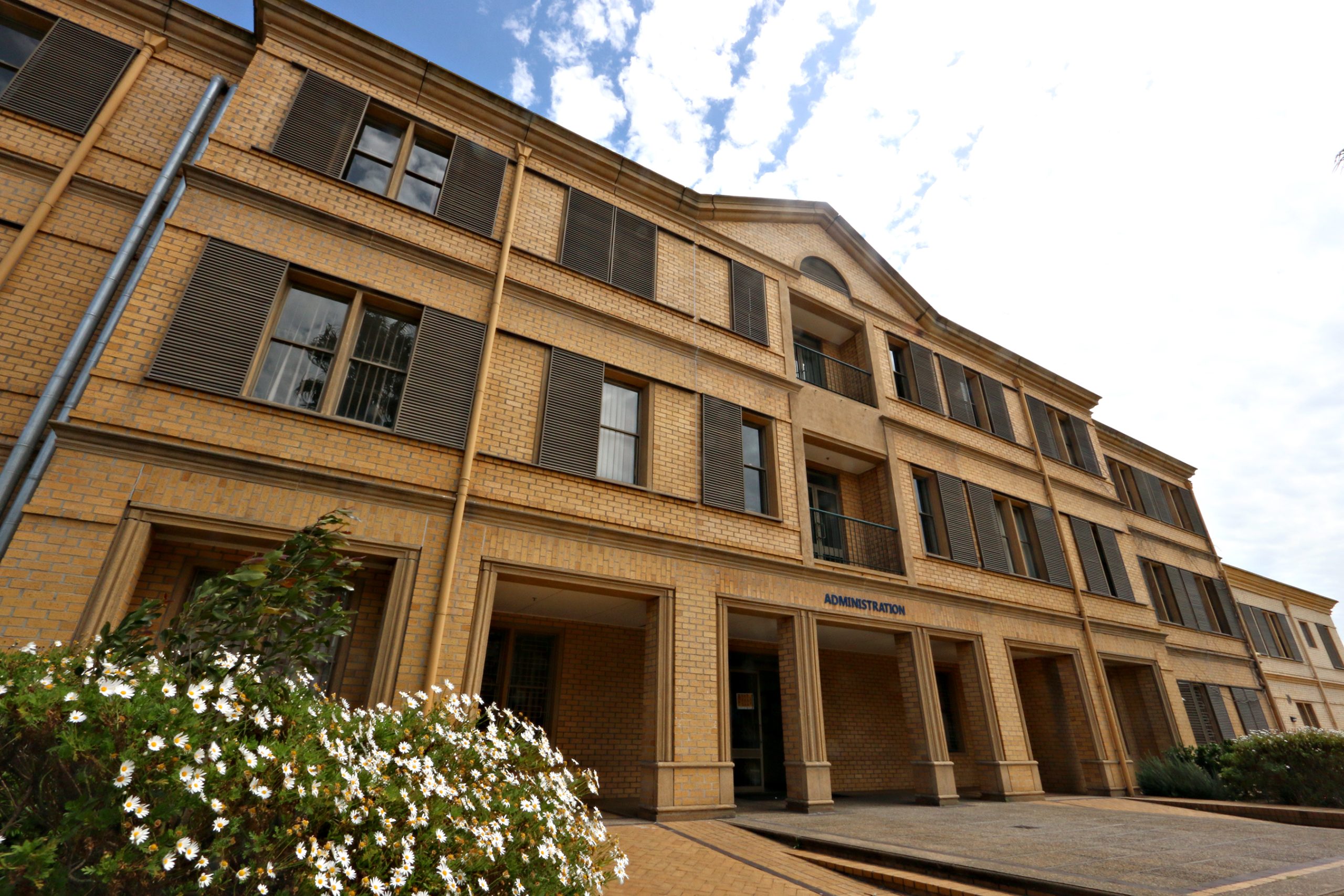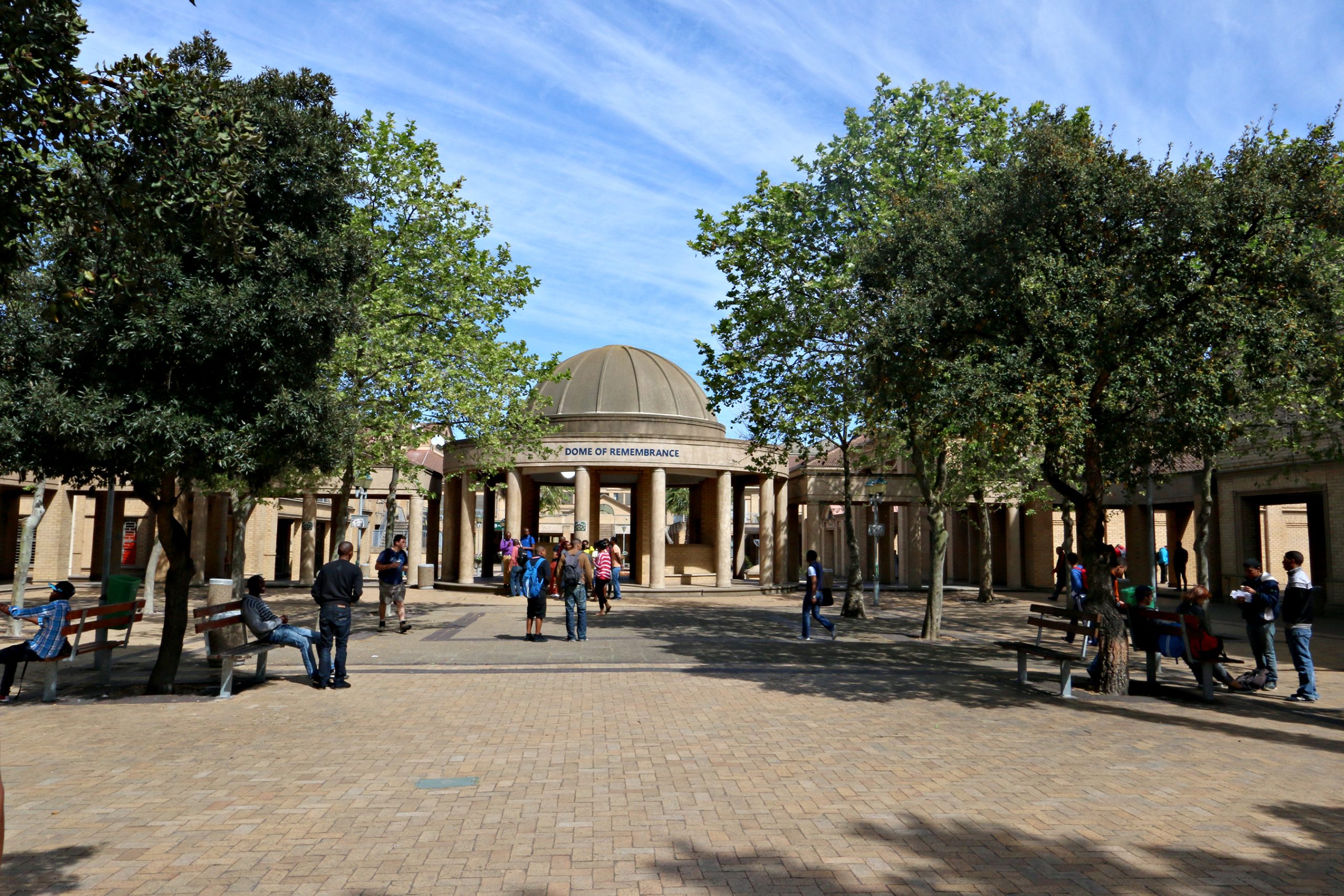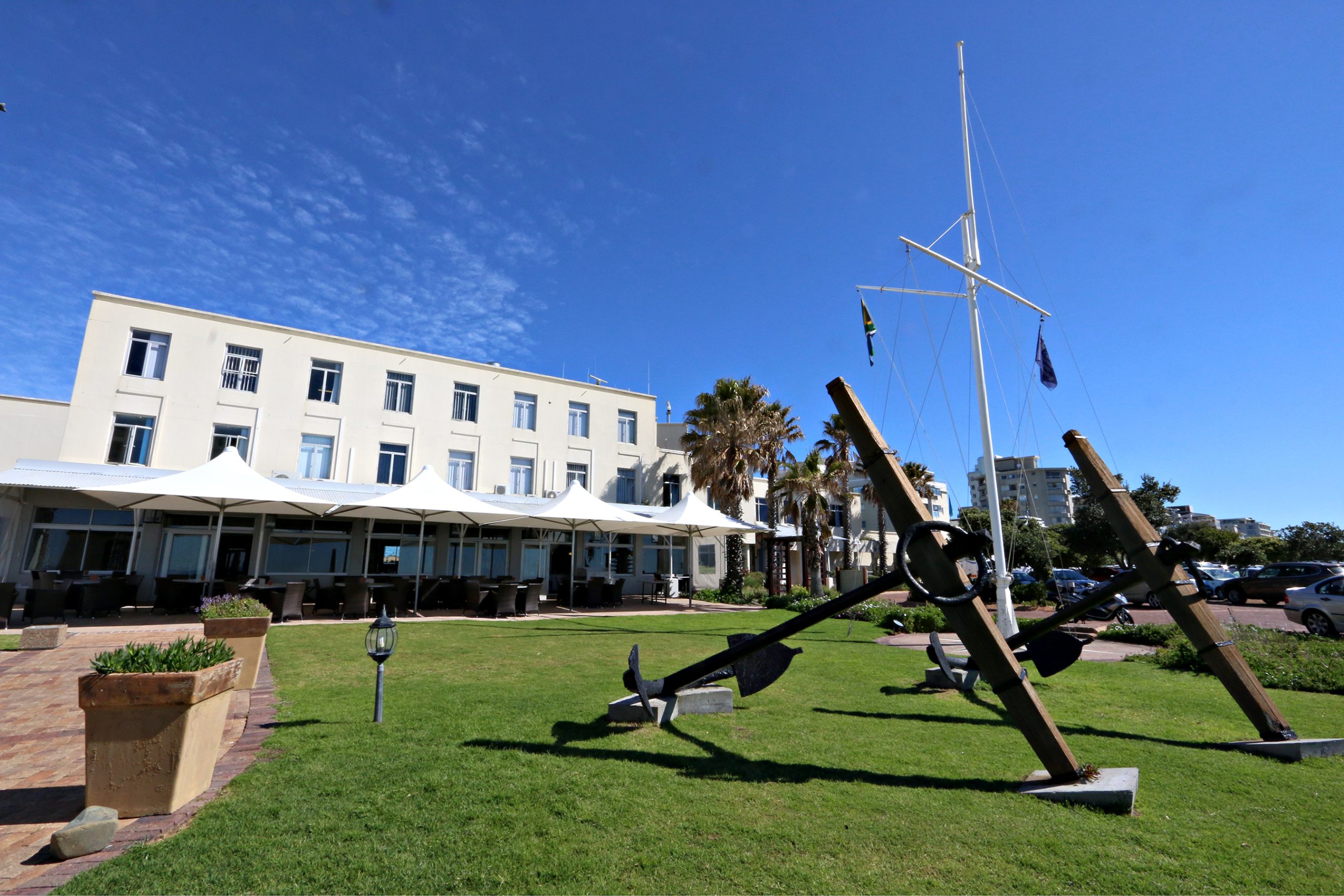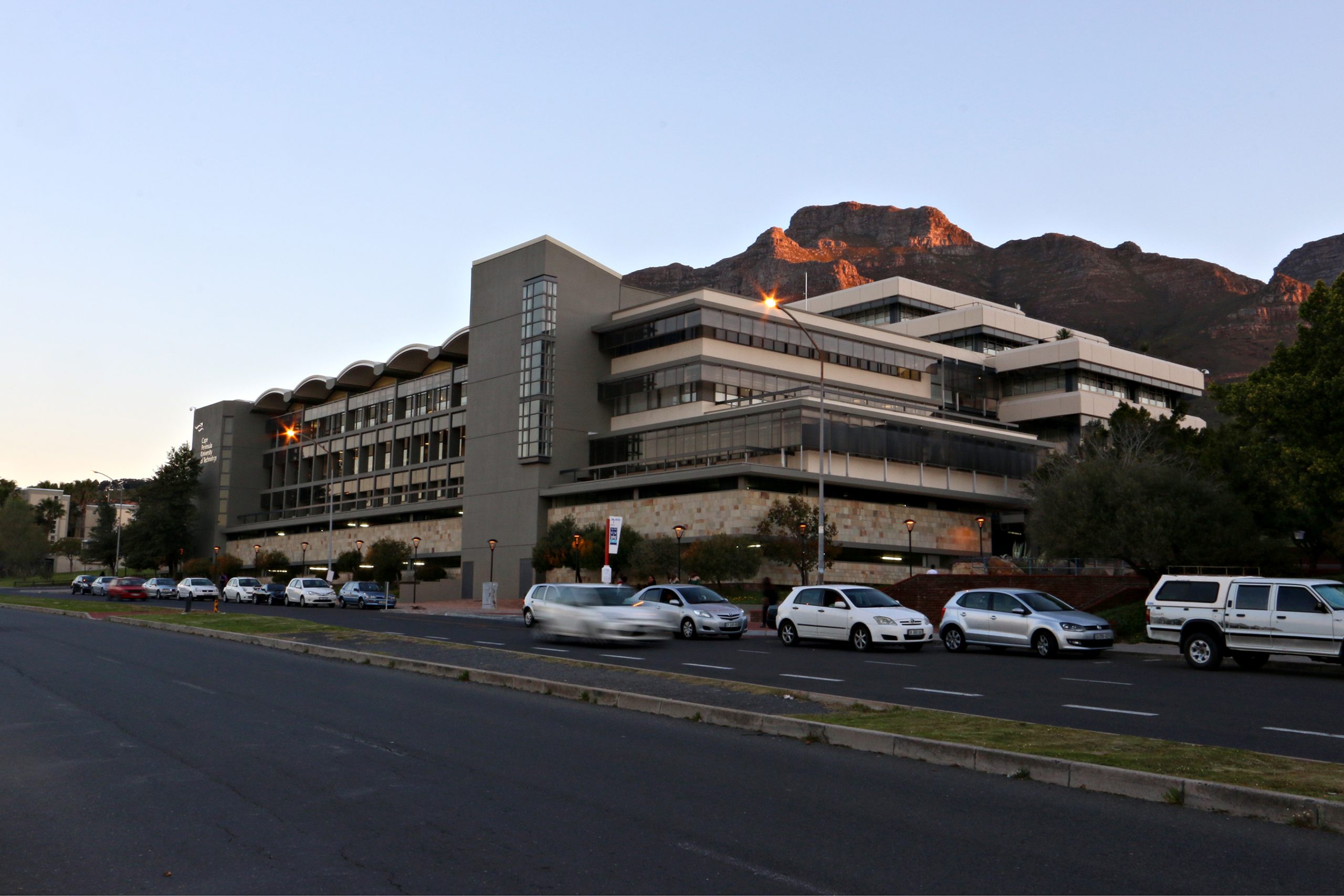PARTNERSHIPS
University of the Western Cape
The University of the Western Cape (UWC) was founded in 1960 and occupies a unique space in the South African higher education landscape. It is a dynamic institution committed to excellence in learning, teaching, research and innovation in a globally competitive environment whilst remaining true to the values and ethos that have shaped its identity as a university rooted in serving the public good.
UWC is home to more than 23 000 students who engage in undergraduate and postgraduate programmes in seven faculties, namely:
- Faculty of Arts and Humanities
- Faculty of Community Health Sciences
- Faculty of Dentistry
- Faculty of Economic and Management Sciences
- Faculty of Education
- Faculty of Law
- Faculty of Natural Sciences
There are 2400 academic, professional and support staff employed at the university.

The Faculty of Community and Health Sciences (CHS) is an internationally recognised faculty for community-based, interdisciplinary education and research in the health, well-being and social justice fraternity. It has a long history of focusing on promoting equity and community development in its education programmes and training of professionals, and is involved in partnerships with service providers and communities in urban, as well as rural areas within South Africa and other African countries.
University of Cape Town
Unleashing human potential to create a fair and just society. This is the vision at the core of UCT’s business, the change we want to contribute to society.
UCT is a community of exceptionally talented students, teachers and researchers and a wide range of professional, administrative support and service staff – all of whom are committed to help change this world for the better. We encourage one another to be leaders in this increasingly changing world.
Our aspiration is to be an inclusive, research-intensive African university that is socially responsive, addressing the challenges of our time with cutting-edge teaching, research and facilities. As a university, we are committed to transformation to working tirelessly to achieving ecological and financial sustainability by ensuring excellence in all we do.
UCT has a proud tradition of academic excellence and is currently the top-rated university in Africa and one of the top-rated universities in the world. We are focused on unleashing knowledge and innovative research in and from Africa to redefine and co-create a sustainable global future. Our researchers continue to help with the creation of African-based solutions to global problems, including issues relating to climate change, urbanisation, safety and security, education and health, to name just a few. Many UCT researchers are recognised world leaders in their respective fields, involved in the latest scholarly work and research discoveries. Our multi-disciplinary collaborations extend beyond our continent across the globe, with a strong focus on capacity-building and growing new scholarship among emerging researchers in and from resource-constrained contexts.
Our teaching and learning aims to provide an education that will unleash students’ potential to be resilient agents of change for themselves and in society. We do this by offering innovative and an increasingly decolonised curricula at the cutting edge of disciplines and professions. This facilitates students’ engagement with their own learning, offering socially engaged curricula and digitally enabled education at undergraduate, postgraduate and continuous education levels.
UCT therefore encourages students to build their leadership and service skills. Our students participate in the many volunteer projects taking place in local communities, to become active members of the 100+ societies and over 40 sports clubs on campus, or to give something back to the institution by serving in student governance.
UCT has a vibrant, diverse, cosmopolitan community. Our staff and students come from many different communities in South Africa, as well as more than 100 countries across Africa and the world. Every person has something to contribute to UCT’s quality and growth, and our goal is to ensure that everyone feels that they belong and are included during their time here, and that they are very much a part of a bigger purpose to create a fair and just society.
Stellenbosch University
Stellenbosch University(SU) is firmly committed to the pursuit of knowledge, research and innovation, in service of society. We provide a world-class centre for learning and development, which is globally relevant, yet rooted in the upliftment and transformation of our local communities. Our actions are guided by key values and attributes, and enabled by outstanding staff and students, sound operating systems and a deep sense of purpose. SU is home to an academic community of more than 32 500 students, including more than 3 700 international students from 104 countries. SU has 4 658 permanent and fixed-term contract staff members, including 1 393 academics.
Our ten faculties (AgriSciences, Arts and Social Sciences, Economic and Management Sciences, Education, Engineering, Law, Medicine and Health Sciences, Military Science, Science, and Theology) as well as the School for Climate Studies, the School for Data Science and Computational Thinking and the Stellenbosch Business School are located across five campuses in the Western Cape province of South Africa.
According to official figures of the Department of Higher Education and Training (DHET) released in 2022, SU is among South Africa’s top three research-intensive universities, both per capita and in terms of total research output.
SU now boast a total of 20 of A-rated researchers – our highest number to date – having received nine new A-ratings in the 2021 rating round.
We host 44 research chairs – 23 as part of the DSI-NRF SARChI programme and 21 endowed or industry-funded chairs. In 2012, that number was 16. Research chairs make a very significant contribution to the research outputs, impact and income of SU as a thriving research-intensive institution.
The number of postdoctoral fellows has grown from 154 in 2012 to more than 340 registered postdoctoral research fellows registered at SU in 2022.
Cape Peninsula University of Technology
Cape Peninsula University of Technology
Vice-Chancellor- Dr Chris Nhlapo
Chancellor- Honourable Thandi Modise
Chair of Council- Dr Laurine Platzky
Institutional Profile
The Cape Peninsula University of Technology (CPUT) was established on 1 January 2005 when the Cape and Peninsula Technikon’s merged. This was part of a national process of transforming the higher education landscape in South Africa. The history of CPUT is, therefore, the history of the two merged institutions and goes as far back as 1920. After the promulgation of the Technikons Act in 1976, technical colleges were able to offer tertiary education in selected fields of study. In 1979 both colleges were legally established as technikons and from 1993 were empowered to offer degrees: Master’s and Doctoral degrees in Technology.
The Cape Peninsula University of Technology is the only university of technology in the Western Cape and is the largest University in the region. The University has six faculties focused on Applied Science, Business and Management Sciences, Education, Informatics and Design, Engineering and the Built Environment and Health and Wellness Sciences.
The institution is best known for its provision of service-learning opportunities for its students. Service Learning is a course-based, credit-bearing experience in which students participate in an organized service activity that meets identified community needs and reflect on the service activity in such a way as to get further understanding of course content, a broader appreciation of the discipline, and an enhanced sense of civic responsibility
CPUT offers under 100 career-focused courses and has two main campuses in Bellville and Cape Town, the Granger Bay Campus with its Cape Town Hotel school and restaurant next to the world-renowned V&A Waterfront in Cape Town as well as various campuses in Mowbray and Wellington.
Research
The University’s research culture focuses on applied and problem-solving research which is responsive to regional, national and continental needs.
One example of this research culture is CPUT’s pivotal role in advancing South Africa and Africa’s space ambitions.
Through the node of the French South African Institute of Technology (F’SATI), CPUT continues to lead the way in transforming the Pan African space industry and is at the forefront of developing the next generation of space engineers. To date the satellite programme at CPUT has seen the launch of Africa’s only satellite constellation and produced hundreds of postgraduate students to support the African space industry and national imperatives like Operation Phakisa.
VISION 2030
A university of CPUT’s scope and size requires a definitive future plan. The adoption of the institutions Vision 2030 dictates our strategic framework for the next ten years.
This vision is embedded in all operating procedures at the university, and guides operations and how we see ourselves.
CPUT’s Vision is to be Africa’s leading Smart University of Technology, globally renowned for innovation, with graduates that shape a better world.
And our Mission is to transform our students through world-class researchers who inspire knowledge production and produce innovation that is cutting edge.
Our Vision and Mission align with sectoral, regional, national and global imperatives. Vision 2030 aims to build One Smart CPUT. The “Oneness” focuses on our human-
centricity, while the “Smartness” focuses on technological developments and innovations.
Through Vision 2030, we are proud to be imbedded in this nation’s future, and to be actively involved in creating South African success stories.
Department of Health and Wellness - Western Cape Government
The Western Cape Department of Health and Wellness seeks to ensure that the residents of the Western Cape live longer and are healthier. There is a clear pathway before us, that is based on commitment, urgency, and hope. Our commitment to the ideals of ‘Healthcare 2030′ remains unwavering with our continued focus on the re-design of health services to support and enable wellbeing. Good governance becomes a powerful resilience advantage as it provides the foundation of a trusted, people-centric, equitable health system, and is contingent on ethical and effective leadership.
